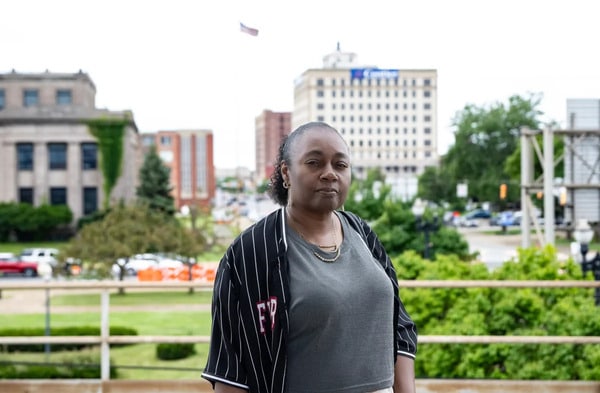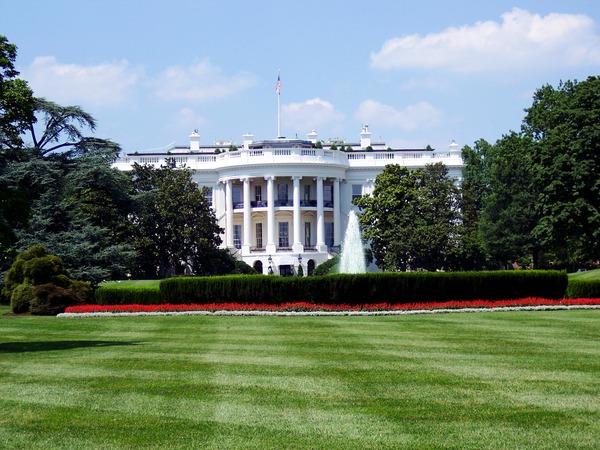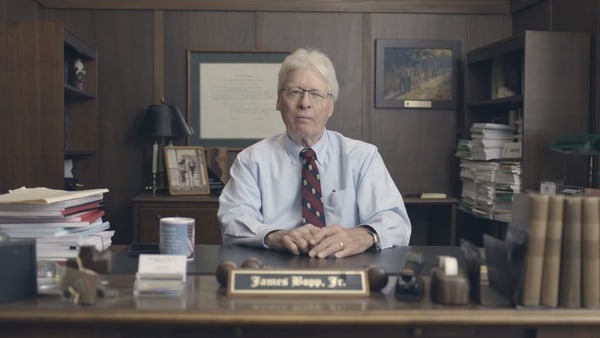An Indiana Supreme Court ruling regarding the Roman Catholic Archdiocese of Indianapolis’s decision to fire a teacher at a Catholic high school because he was gay raises more questions than it answers.
The state’s high court sided with the archdiocese—and did so in sweeping terms.
Later in the opinion, the justice tries, not entirely successfully, to limit the huge blank check he and the other members of the court just have given to churches. He writes that the “protection for religious institutions is not unlimited” and that each case must be “fact-sensitive and case-specific.”
There’s little evidence in the opinion, though, that Slaughter and his concurring justices really mean that. If they did, they would have qualified the ruling much more than they did.
Some background now is essential.
In 2019, the archdiocese put pressure on two Indianapolis Catholic schools—Cathedral and Brebeuf Jesuit—to dismiss two male teachers, Joshua Payne-Elliott and Layton Payne-Elliott, who had married in 2017. If Cathedral and Brebeuf refused to fire the teachers, the archdiocese said it would strip them of their status as Catholic schools.
Cathedral agreed to comply with the archdiocese’s order and fired Joshua Payne-Elliott. Brebeuf refused.
The archdiocese then moved to decertify Brebeuf. The school appealed to the Vatican, which suspended the archdiocese’s order and moved to investigate.
The most recent communications from church authorities mediating the dispute have been ambiguous—defending the archdiocese’s right to determine church policy but also admonishing the archdiocese to show greater respect for due process and suggesting that the views of parents and students in schools must be given greater weight.
That would seem to be a fact pattern calling for some caution on the part of the courts.
Instead, the justices landed decisively on the side of the archdiocese.
In doing so, the court raised possibilities that are puzzling, if not troubling.
At the heart of the court’s reasoning is the common-sense assertion that churches get to determine their own doctrines and who is entitled to be a member of the congregation.
The problem, though, is that there was no evidence that Payne-Elliott was attempting to challenge church doctrine or that was arguing that he, not the church, should determine whether he is a Catholic. The archdiocese also did not demonstrate—or even attempt to demonstrate—that Payne-Elliott ever had taught anything in the classroom contrary to church doctrine.
It’s a curious contention.
Marriage is and always has been a religious institution. Thus, the archdiocese was well within its rights to assert that it would not recognize the Payne-Elliott union as a marriage.
But, in a civil sense, any such union is a contract. That is why when two spouses divorce, they must go to court rather than to see the preacher.
What the Supreme Court’s decision says is that the archdiocese is justified in punishing people not for their performance on the job, but for entering into legal agreements to love, honor and support each other.
How many other contracts will religious institutions be able to invalidate or overrule with the court’s blessing?
Will employees of Catholic schools who have had abortions be subject to dismissal? How about those who have been divorced and then remarried? Those who make financial contributions to candidates who support the death penalty?
Or will the focus be exclusively confined to hunting down gay people?
And what about other churches, including some fringe faith groups that assert that interracial marriage is a sin?
Will church doctrine there also be allowed to take precedence over civil law in that instance?
If not, why?
Why would one form of discrimination be elevated over another?
And, in this case, what if the Vatican determines that Payne-Elliott did not receive due process?
Then the court will be on record defending a practice that the church does not.
So many questions.
It’s a pity the state’s high court didn’t bother to ask, much less answer, them.









